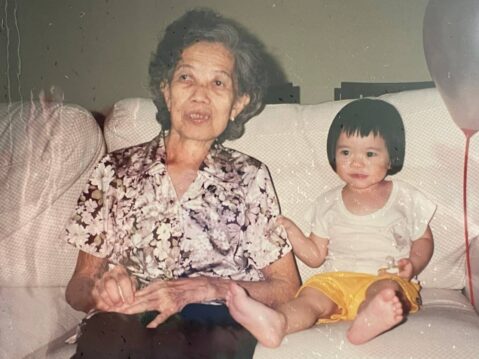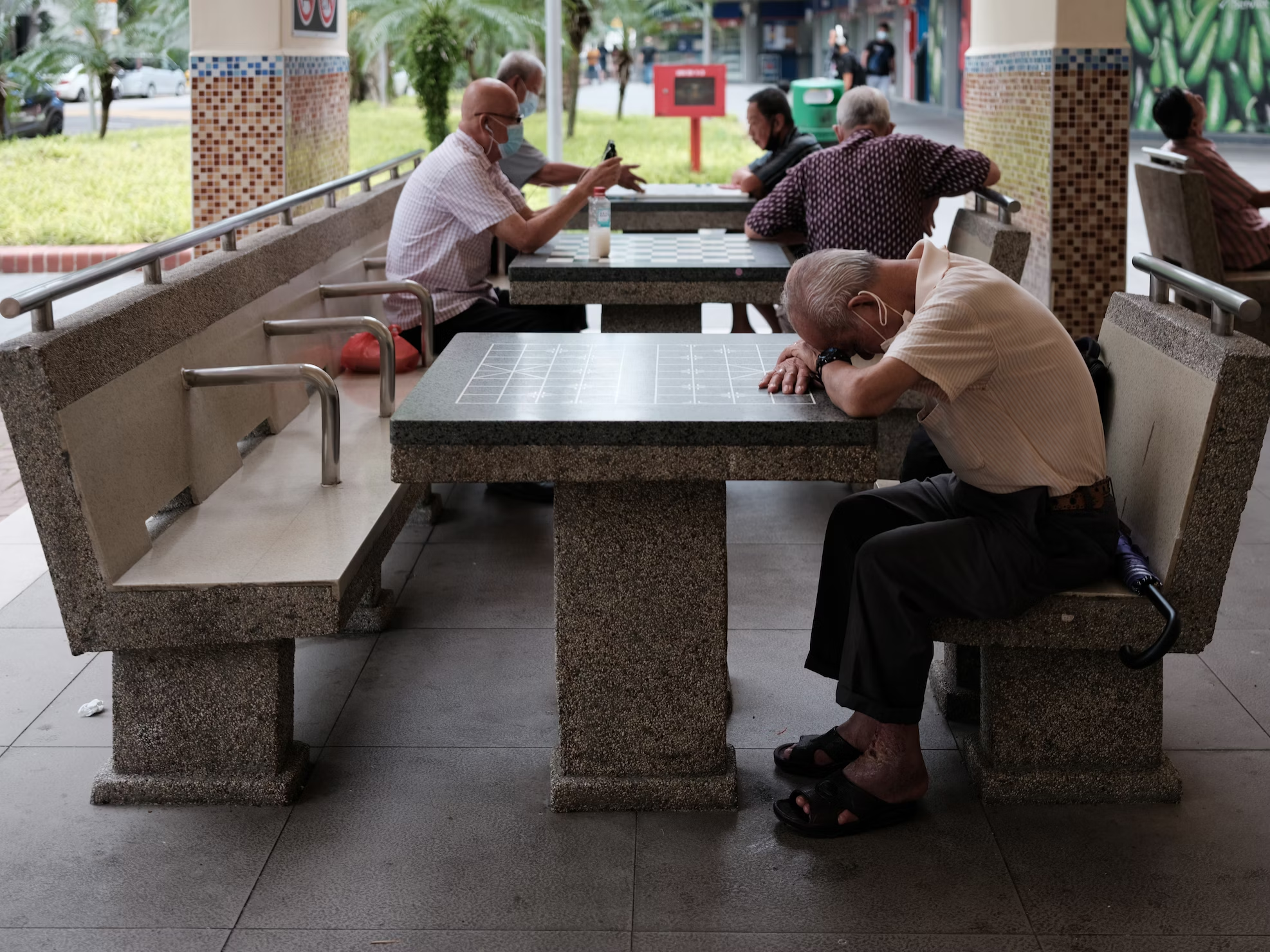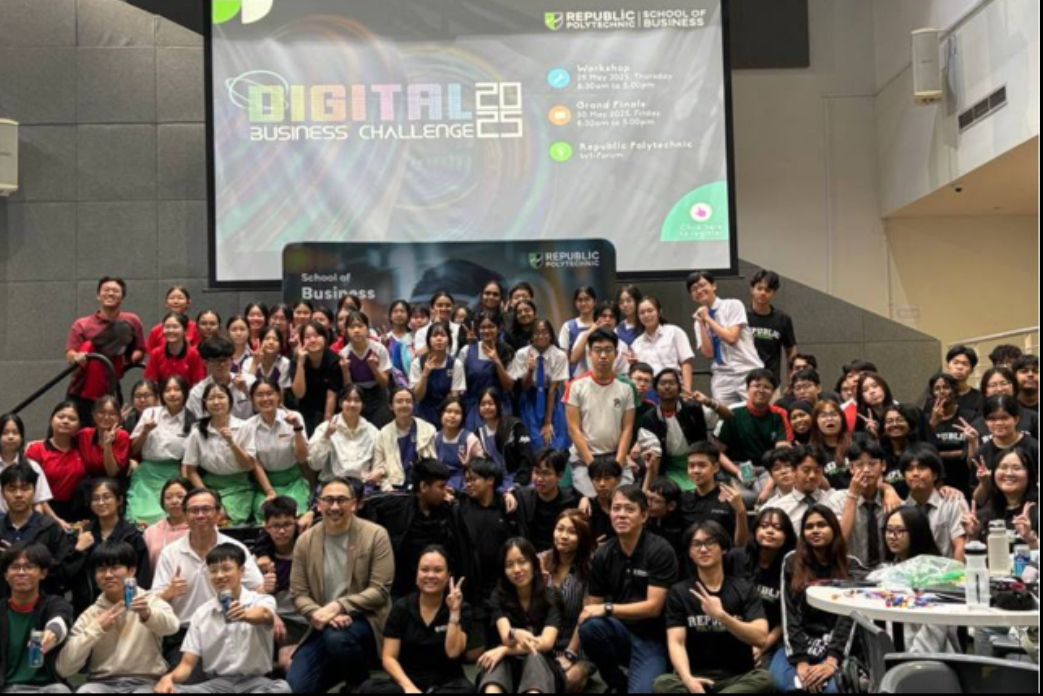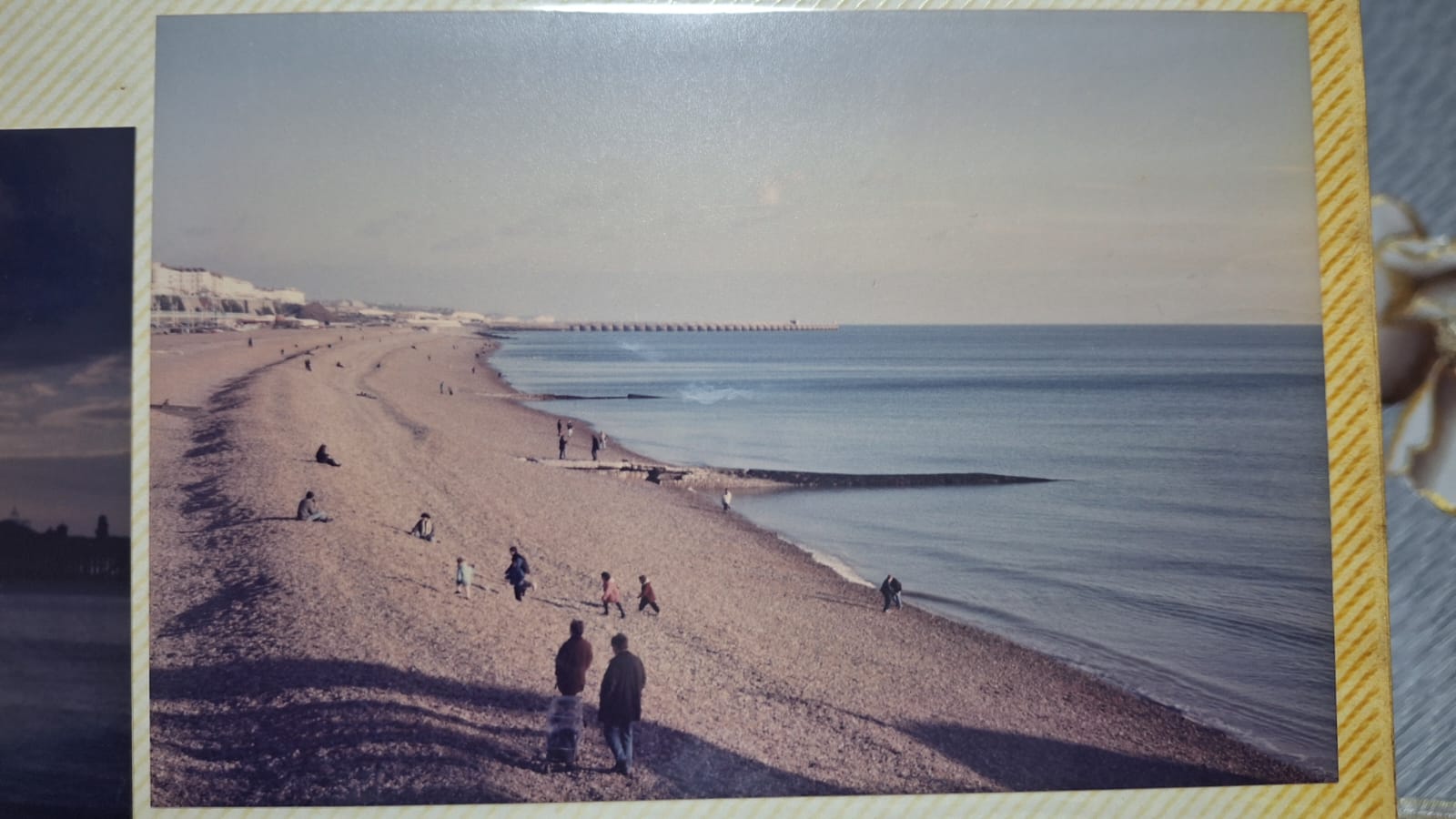One day, you might stop hearing songs that are sung using dialects on the speaker while your grandparents jam to them. Wet markets would sound different without vendors shouting in dialects as they sell their fish and vegetables. Aunties will start discussing their day at the coffee shop in Chinese or English rather than Hokkien. Slowly, without realisation, dialects might just disappear from our society.
Growing up, I was often lauded for understanding and speaking Hokkien and Cantonese at such an early age. I was raised by my great grandparents and grandparents and so, I was exposed to both Cantonese and Hokkien music, television shows, talking to the aunties and uncles who are tending to their market stores about the prices or the availability of fishes and meat they are selling at the Punggol New Market whilst shopping for groceries with my grandparents, and often listened to them chatting with their friends – to find out if they were complaining about me when I had made a mistake.

Nowadays, when I go down to Punggol New Market, I don’t see as many purchases from the market stalls. With an NTUC supermarket on the third level, only a few elderly people go about their day getting groceries from the market. They converse with the vendors in a friendly manner, as though they are best friends. They share about their day, what type of grocery they are looking for, and how their grandchildren will be visiting them for dinner; all in their own respective dialects. Despite being of different races or speaking in different dialects, somehow they seem to be able to understand each other and engage in a close conversation.
Lack of opportunities and language endangerment

After being rejected from the school near my grandparents’ house, I was moved to my parents’ place to attend a nearby primary school. Due to the intense focus on English, Chinese, and other subjects along with stressful examinations, I slowly became estranged from my grandparents, and the few opportunities to practise my dialects led to a significant shift in my dialect skills.
Sometimes, when my grandparents try to converse with my cousins and I, they would get frustrated at our use of English and not Cantonese or Hokkien.They pointed out that in the future, the dialects would disappear forever due to the lack of knowledge and usage of these languages. That is when I realised that our dialects are becoming more endangered than ever.
Nowadays, when visiting my grandparents, I have a harder time conversing with them when they are sharing their problems and feelings. Even during their medical appointments, I struggle to understand and sympathise with them, which makes me feel gutted and terrible. It makes me wish that I had more opportunities to learn and practise my dialects from my parents or schools to help provide appropriate and sufficient support whenever my grandparents needed it.
Due to the lack of opportunities, I took it upon myself to train and improve my dialect skills by spending more time with my grandparents and consuming more media that use Hokkien or Cantonese, mostly soap operas from Channel 8. My grandmother and I would bond over Hong Kong detective shows as we would try to guess the villain together. I would have to understand their dialogue in the show which ultimately helped to improve my dialect skills.
Even though I enjoyed doing these activities, which helped me to improve my conversational skills, I still wondered if families, schools, and even the government could have done more to instil my peers and younger generations with interest and opportunities to learn about their own roots and dialects with the same amount of effort put into campaigns like Speak Mandarin and Good English.
Language campaigns and social media

Speak Mandarin, a campaign launched by our late Prime Minister Mr Lee Kuan Yew in 1975, has served its purpose of encouraging Singaporeans to speak standard Mandarin; but, the campaign has also brought many away from their dialect roots due to the emphasis on speaking better Mandarin to have easier communication between all Chinese.
However, some of our loved ones may have trouble with Mandarin and much prefer the dialects that they have grown up with, which can cause difficulty when conversing with their younger family members.
All languages that coexist in Singapore should be given equal opportunity in the spotlight so that future generations are able to connect with their roots.
Currently, there is a popular TikTok content creator, @yitinggoyt, who is creating humorous, relatable, and interactive educational content about Hokkien dialect. By using trendy phrases translated into Hokkien to role play funny situations with her friends and grandmother, it can help to raise the younger generation’s awareness and interest to learn and delve into Hokkien.
Preserving dialects
If you were fortunate enough to grow up with loved ones who spoke these dialects, attempt to learn them and find opportunities to use them. Although dialects may not appear to be useful in business, they are critical for developing closer relationships with your dialect-speaking loved ones.
Consider passing on these distinct languages to your offspring when the time comes. Give them a bit of their history and legacy, in whatever shape or form. Keep them alive in our country because dialects are more than just ways of communication; they also carry the tales, customs, and values of previous generations.
So, do you think we should preserve dialects?






